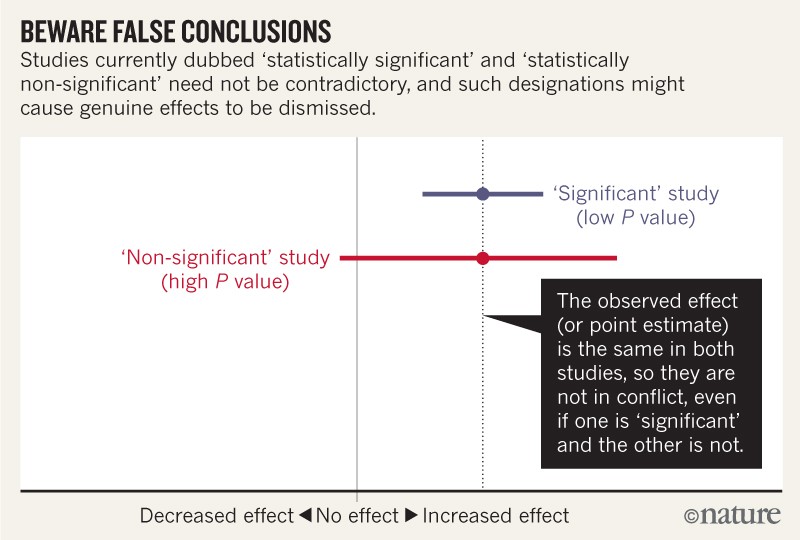In an oped a few years ago (I am unable to track down the post here for me to link it) I wrote that we will worry a lot in the future about various technological features that will become a part of our lives. One of the examples that I mentioned there was genetic editing--designer babies, as we colloquially refer to them. There are plenty of examples that we can easily think about, in which we need to systematically pause and ask ourselves how the new ways are redefining what it means to be human.
Of course, nobody cares for what I say or write; the story of my life!
While I didn't know how to articulate such concerns back when I was an undergraduate student, these are the kind of issues that led me to ditch electrical engineering in order to do what I do now. The disconnect between technology and humanity bothered me, and it still bothers me. In the contemporary academic world, to argue in favor of inquiring into the humanity is a losing proposition. And this is in the US--it is way worse in the old country!
Philosophy departments are now an endangered species. History and English are rapidly shedding their faculty.
While pushing science and technology, we forget that "science and technology aim to assist humans." Yet, we do not want to understand humanity? We ignore that "interface between humans and advanced technologies is a frontier where the humanistic perspective is indispensable"?
The author, who chairs the astronomy department at Harvard, writes that "the future belongs to the incorporation of liberal arts into science and technology."
A few contexts immediately come to mind. First and foremost, the study of ethics. There are major ethical questions regarding genetic engineering: Which revisions to the genetic making of humans should be engineered? Should we design the qualities of people that we wish society to have?Yep. Recall the oped that I referred to?
Or, how about this from the author:
Another area involves the implications of big data sets: How can we employ the vast information that is collected daily on people, and analyze it for the benefit of psychology and social science? Can we use these data to construct computer-based models that would forecast human behavior to guide policies or political decisions?Recall all my posts on Facebook and algorithms and big data, thanks to which I even deleted my Facebook account a while ago?
Or, hey this one:
There are also existential questions about the purpose of human life: Will robots and AI replace human labor across the board from construction sites to scientific research? How will future economies adjust to a new reality in which humans have less to do? Will humans take a permanent “vacation”, and if so, what will the meaning of their life be if their dignity is not associated with mandatory labor?The number of posts where I have worried about robots and what it means to be human!
Yet, inquiring into what it means to be human is not a major part of higher education. Not even an afterthought. What a shame!

:format(webp):no_upscale()/cdn.vox-cdn.com/uploads/chorus_asset/file/15959135/glitch_e1.jpg)
